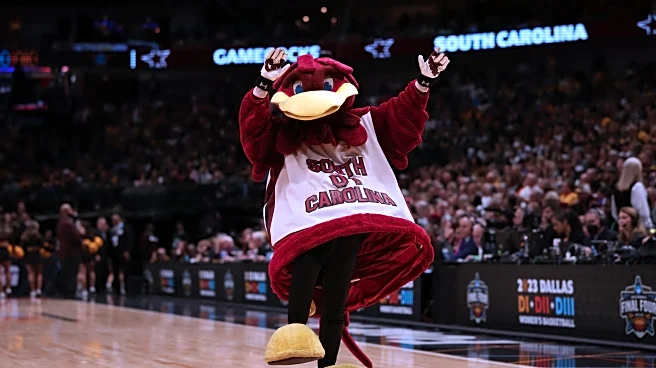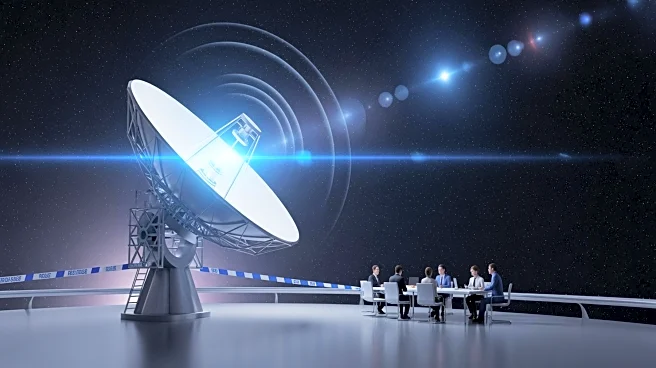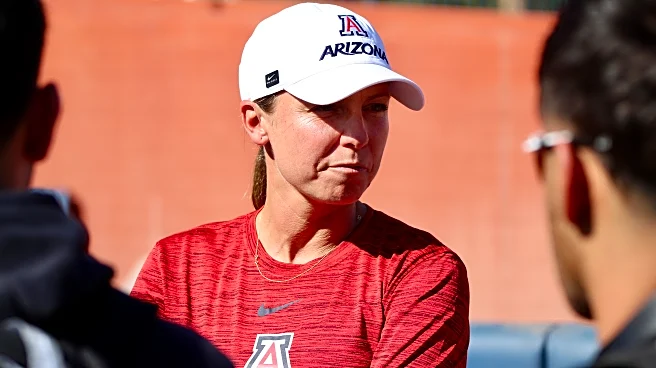Rapid Read • 8 min read
The Fifth Circuit Court has issued a ruling that significantly impacts the National Labor Relations Board's (NLRB) ability to prosecute unfair labor practices. The decision, authored by Judge Don Willett, challenges the constitutionality of the NLRB's structure, particularly the limits on the president's ability to remove board members and administrative law judges. The case involved three employers—SpaceX, Energy Transfer, and Aunt Bertha—who argued that these limits are unconstitutional. The court agreed, affirming injunctions that freeze enforcement actions against these employers. The ruling suggests that federal law's removal protections for board members and agency judges violate the constitution, emphasizing the immediate harm and need for remedy when an agency's structure breaches the separation of powers.
AD
This ruling represents a significant shift in the balance of power between federal agencies and presidential authority. By challenging the NLRB's structure, the decision could lead to broader implications for labor rights and the enforcement of labor laws in the United States. It aligns with President Trump's expansive view of presidential power, potentially setting a precedent for future cases involving federal agencies. The decision may weaken the NLRB's ability to protect workers' rights, affecting industries and employees who rely on the board for fair labor practices. It also opens the door for the Supreme Court to further interpret the separation of powers concerning agency structures.
The ruling may prompt further legal challenges and appeals, potentially reaching the Supreme Court for a final decision. Stakeholders, including labor unions and advocacy groups, are likely to respond with increased lobbying efforts to protect labor rights. Employers may see this as an opportunity to challenge other federal regulations, leading to a broader debate on the limits of presidential power and agency autonomy. The decision could influence legislative actions aimed at redefining the structure and authority of federal agencies.
The decision raises ethical and legal questions about the balance of power in the U.S. government. It challenges long-standing precedents regarding agency independence and the separation of powers, potentially reshaping the landscape of federal governance. The ruling may also influence public perception of labor rights and the role of government in regulating business practices, sparking discussions on the future of labor laws and protections.
AD
More Stories You Might Enjoy












